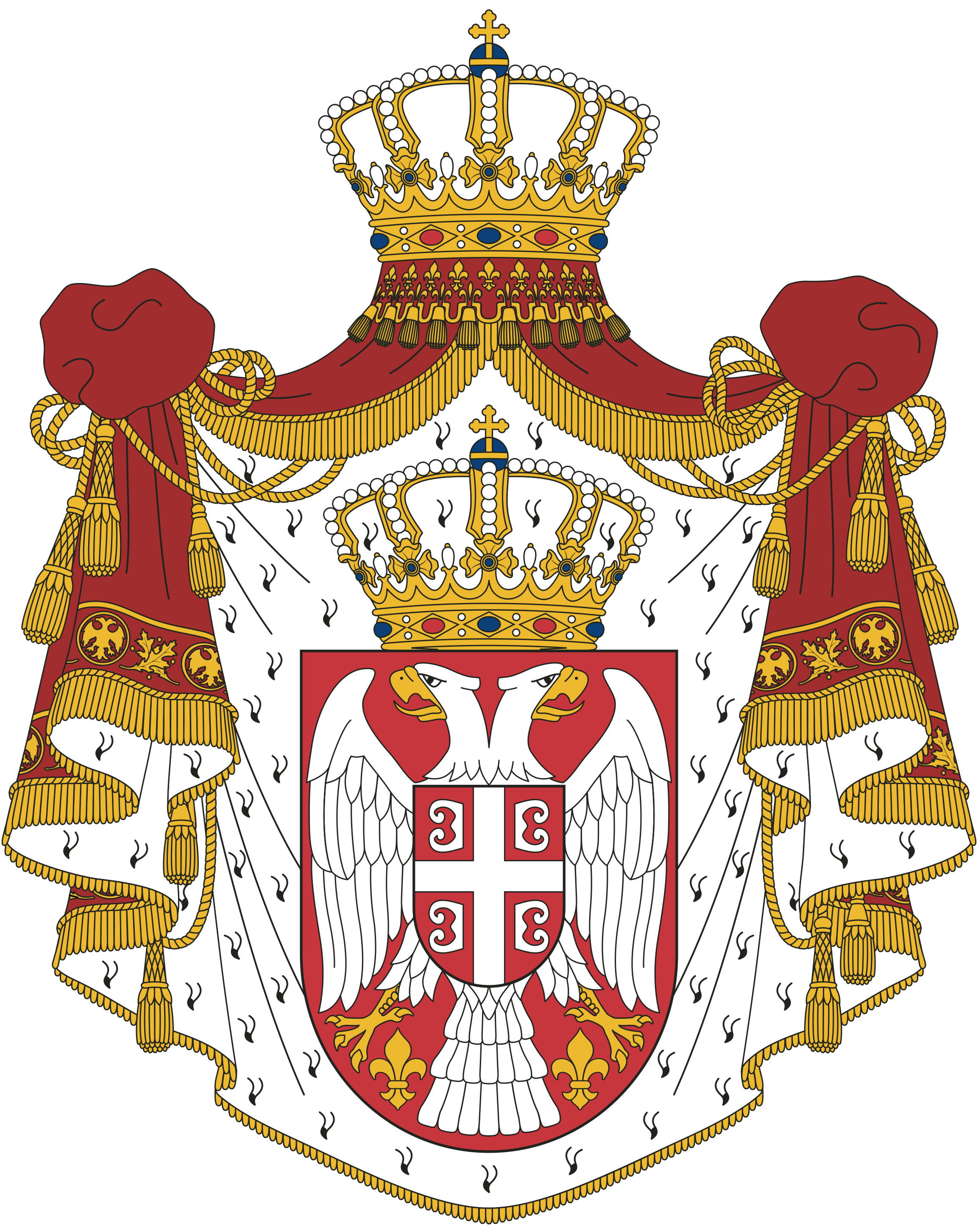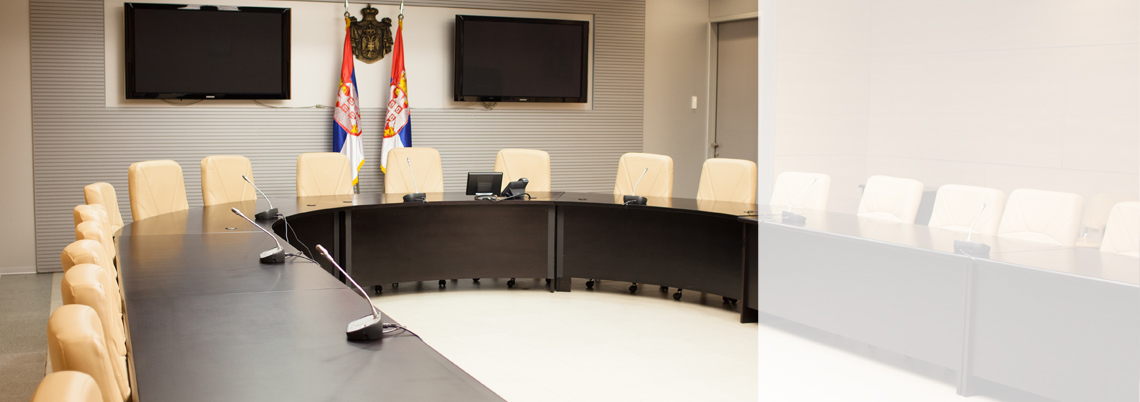The High Judicial Council has been a constitutional category since 2006 (according to the Constitution of the Republic of Serbia, "Official Gazette of RS” No. 37/2006). It was constituted on 6 April 2009 and began to operate as an independent judicial body on 1 January 2010 (Law on the High Judicial Council, "Official Gazette of RS" No. 116/2008), along with the network of courts, in accordance with the Law on Organization of Courts ("Official Gazette of RS" No. 116/2008 and 104/2009).
Fundamental constitutional principles guarantee the rule of law as the supreme value of the Constitution, and the organization of government is based on the separation of powers into legislative, executive and judicial; the judicial power is vested in the courts which guarantee the rule of law, and the judicial branch has the exclusive right to administer justice according to the Constitution and the law; the High Judicial Council is the guarantor of institutional and individual independence and autonomy of courts and judges; the establishment, authority, decision-making and the composition of the Council represent constitutional categories; courts and judges are independent and autonomous in the administration of justice and subordinated only to the Constitution and the law; in accordance with the principle of the separation of powers and the parliamentary accountability of the Ministry of Justice, the optimal jurisdiction ratio should be established between the Ministry of Justice and the High Judicial Council - the two institutions responsible for the functioning of the judicial system.
In accordance with the principle of independence, the responsibility for the management of the court system rests mostly in the hands the High Judicial Council, while the Ministry of Justice maintains the necessary competences in this field, in accordance with the principle of parliamentary responsibility of the Ministry of Justice for the functioning of the judicial system in the part which does not relate to the exercise of judicial duty, ensuring the constitutional principle of balance and mutual control of the legislative, executive and judicial powers.
The High Judicial Council has 11 members. They are: the President of the Supreme Court of Cassation, the Minister of Justice and President of the competent committee of the National Assembly, as ex officio members; and eight members appointed by the National Assembly in accordance with the law. Elective members include six judges with permanent judicial office, one of which is from the territory of the autonomous provinces, and two eminent lawyers with at least 15 years of professional experience, of which one is a practicing attorney and another a professor of law faculty.
The High Judicial Council has an Administrative Office which performs activities within its competences.


